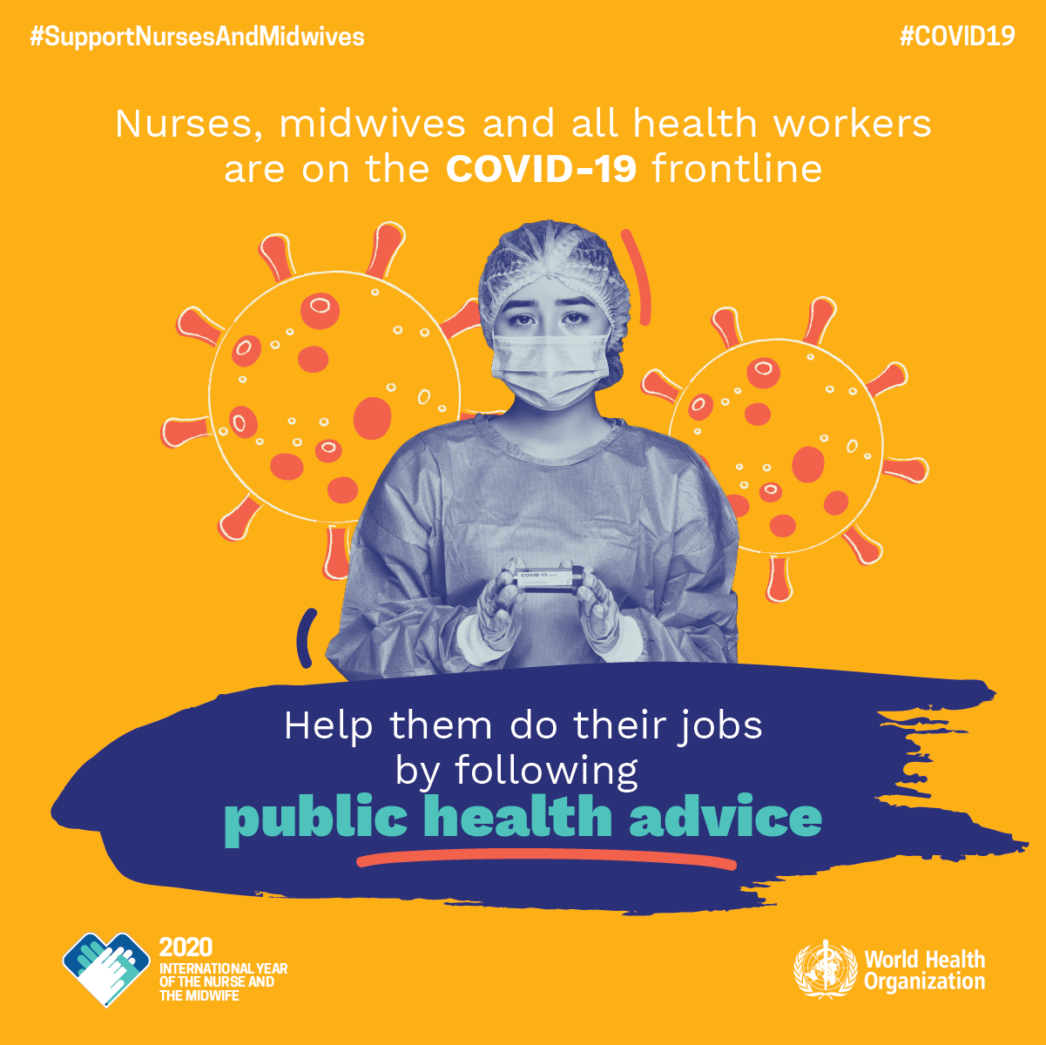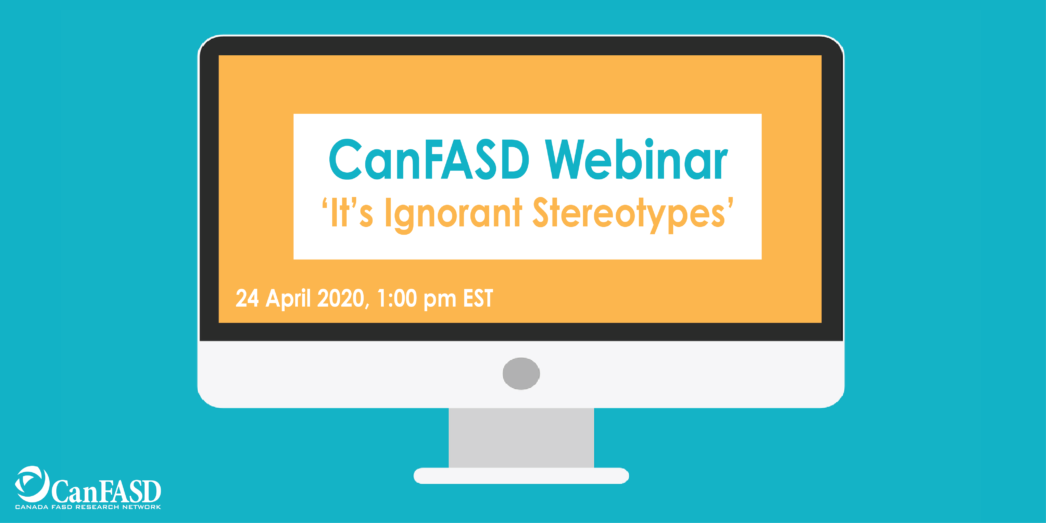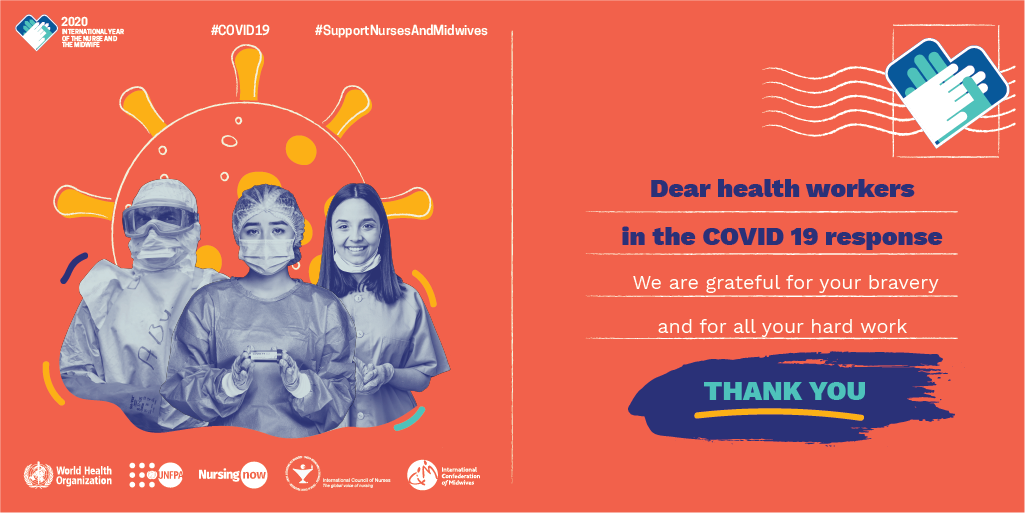In the wake of the COVID-19 pandemic, frontline health care providers are working day and night to protect the health and safety of individuals all across Canada. We honor and respect their sacrifice and commitment to Canadians in this challenging time. This blog post provides a few tips to help frontline health care workers manage the specialized needs of individuals with FASD during COVID-19.
Attend a Virtual Presentation from the 2020 Sterling Clarren Award Winner!
We’re excited to announce that the 2020 Sterling Clarren Award winner is John Aspler from McGill University! John is completing his doctoral thesis analyzing the discourse surrounding FASD, alcohol, and pregnancy in major Canadian print news sources.
Take a minute to say ‘thank you’
A simple way to show your appreciation for our health care workers is to say, “thank you”. Canadians across the nation are saying “thank you” to our nurses and frontline health care providers through lawn signs, social media, discounts, and applause. Join in the celebration and find a unique way to say “thank you” from a distance.
Feature Friday: Mary Ann Bunkowsky
Mary Ann is a mother of two boys. Her oldest is 14 years old and has an FASD diagnosis. Her younger son is 11. He has been diagnosed with a number of neurodevelopmental difficulties, including Autism, but she has been unable to get an FASD diagnosis for him because they have no proof of prenatal alcohol exposure. Mary Ann is … Read More
New Video Release
We created a new video to introduce you to our organization and tell you a little bit of the work that we do.
COVID-19 Tips for Caregivers of Individuals with FASD
Challenges with sensory regulation, attention, memory, and emotional regulation make it difficult for children with FASD to understand and implement preventive health practices. The social distancing measures that have been put in place can result in feelings of depression, stress, confusion, and anxiety. This blog outlines some tips for caregivers to help you implement preventive health practices in your home.
15 Things to Do While Social Distancing
The community-wide prevention measures that have been put in place to slow the spread of COVID-19 means that Canadians have a lot of downtime over the next few weeks. Here are a few things that you can do to pass the time while you practice social distancing.
COVID-19 Tips for Individuals with FASD
Information about COVID-19 or coronavirus seems to be all over the news these days. The government is recommending that Canadians practice “social distancing measures”, which means that people should stay home and avoid contact with one another. Events have been cancelled, schools and daycares have been closed, and the daily routines in workplaces are changing. These changes can be really … Read More
Managing Stress Surrounding COVID-19
Federal, provincial, and territorial governments in Canada are implementing strict measures to slow the spread of COVID-19. Some recent measures have included travel restrictions, school closures, and event cancellations. Governments are urging Canadians to practice social distancing and stay home whenever possible. However, these preventative measures can be overwhelming, stressful, and anxiety-inducing for individuals with FASD and their families.
What is COVID-19 and how does it impact you?
In light of all the coverage of COVID-19, CanFASD would like to provide you with some information during this difficult time. There is a lot of false information spreading around social media regarding COVID-19. Stay up to date with evidence-based information from your local government or health agency.






